Answers to 4 Common Water-Heater Questions
In a post-breakfast haze, you may accidentally pour the leftover bacon grease down the drain. If you’re tempted to flush it with water and repeat this plumbing indiscretion again, think twice. Before you clog the pipes, or worse, take a look at why bacon grease and your home’s plumbing system don’t mix.
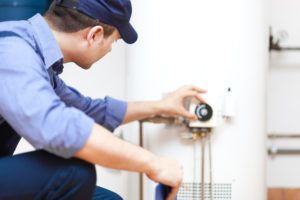
1. What Type of Water Heater Is the Best Option?
The answer to this question depends on several factors. These include:
- Preference. Some homeowners prefer the traditional tank type of heater, while others would rather install a tankless or solar model.
- Budget. If you’re on a tight budget, you can still install a new water heater, but you may need to narrow down your choices based on type. Traditional tank model water heaters tend to cost less than tankless, or on-demand, models.
- Overall cost. This factor differs from the initial purchase and installation budget. Tankless models are more efficient, costing less over time. If you want to save money long-term, this is the model for you.
Along with these factors, size and installation area also play roles in which type of heater you choose. If you’re not sure which model is right for you, your family, and your home’s needs, your plumber can help you to better understand the options and make the best choice.
2. What’s the Best Temperature Setting?
Even fans of hot showers have a limit. A setting that’s too high can scald, posing a serious safety risk — especially if you have children. According to the Burn Foundation, more than 500,000 scald burns happen each year across the nation. Children under age 5 and seniors over 65 are most at risk for these serious injuries.
In as little as 15 seconds, 133° water can cause third-degree burns. Water at 156° Fahrenheit can scald in one second. To reduce scald risks, set your water heater’s temperature to 120° Fahrenheit or less.
2. What’s the Best Temperature Setting?
The answer to this question depends on what type of appliance you have. If you have a traditional tank model, regular care should include:
- Drain the tank.
Draining the water heater’s tank removes sediment. Attach a hose to the tank’s drain valve. Drain at least one-quarter of the water in the tank (drain the tank until the water runs clear). Repeat this care routine a few times per year.
- Test the temperature relief valve. Discharge the valve a few times at least once a year, looking for leaks. If you’re not sure how to do this, consult a professional plumber first.
- Call a plumber. Routine maintenance from a professional can extend the life of your appliance and allow you to spot problems before they grow from minor issues to major headaches.
Tankless models are often more challenging to maintain without professional help. Instead of trying to figure out the complexities of your on-demand system, contact a plumber for help with routine care.
4. How Often Should Homeowners Replace the Water Heater?
Again, the answer to this question depends on several different factors. There’s no standard age for replacement of either tank or tankless models. In general, consider replacing the water heater when:
- There’s no hot water. Cold water, when you turn on the hot handle, is a sign that something is wrong. If this is a progressive problem, if the unit is old, or if the repair price is more than the appliance is worth, it’s time to replace.
- There’s a leak. A major leak in a tank heater may indicate corrosion inside. Trying to repair a crack or break in the tank isn’t a long-term fix. Instead, this type of problem typically requires replacement.
- The appliance is inefficient. An inefficient water heater will cost you over time. An older model paired with rising utility bills usually means it’s time for a new heater.
If it is time for a replacement, you have plenty of options—at many price-points. A plumber can provide you with options, help you to size the new heater to meet your home’s needs, and install the product correctly.
Do you need a new water heater? Contact
Quality Plumbing for more information.
The post Answers to 4 Common Water-Heater Questions appeared first on .
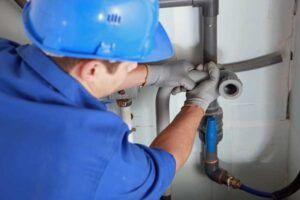
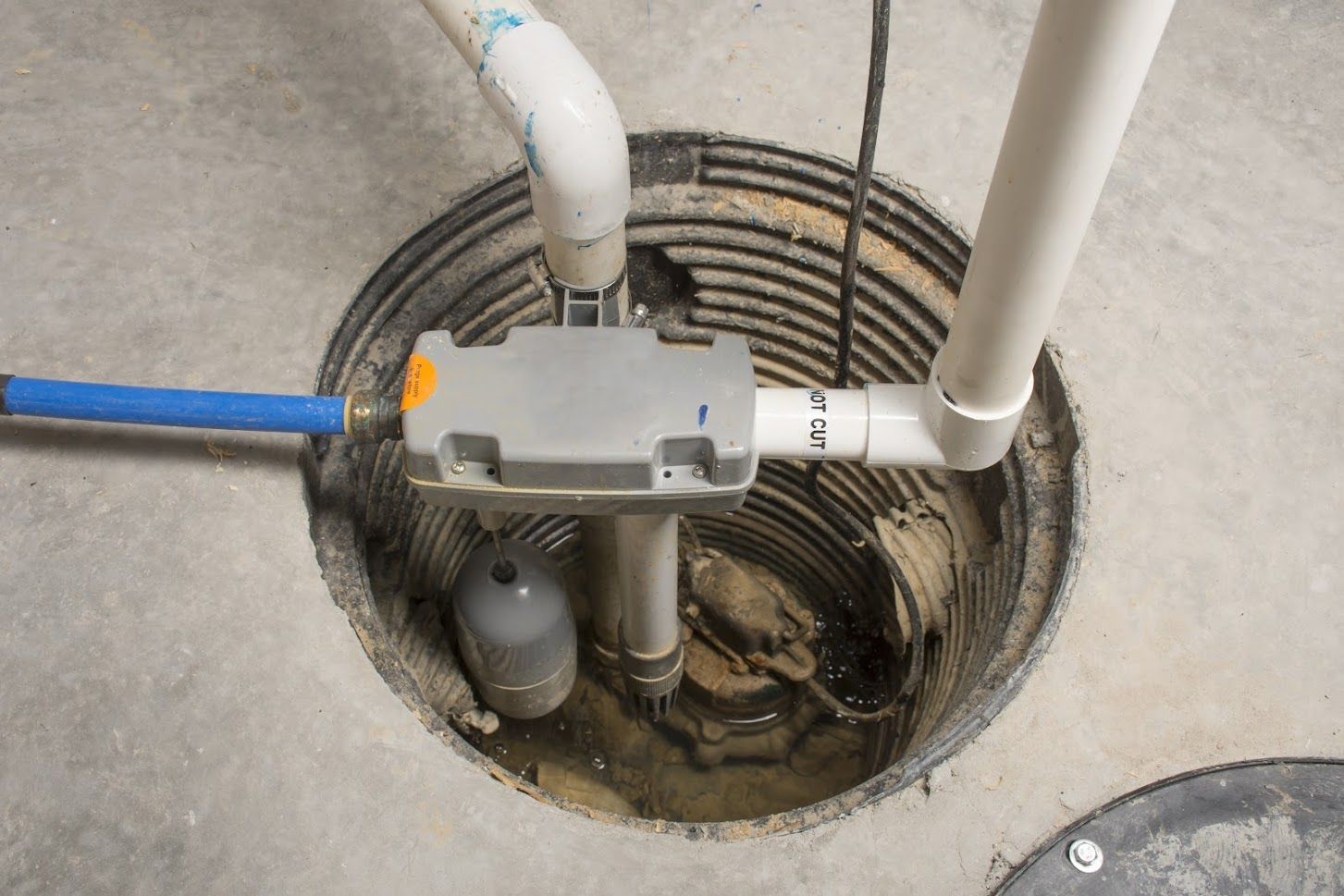

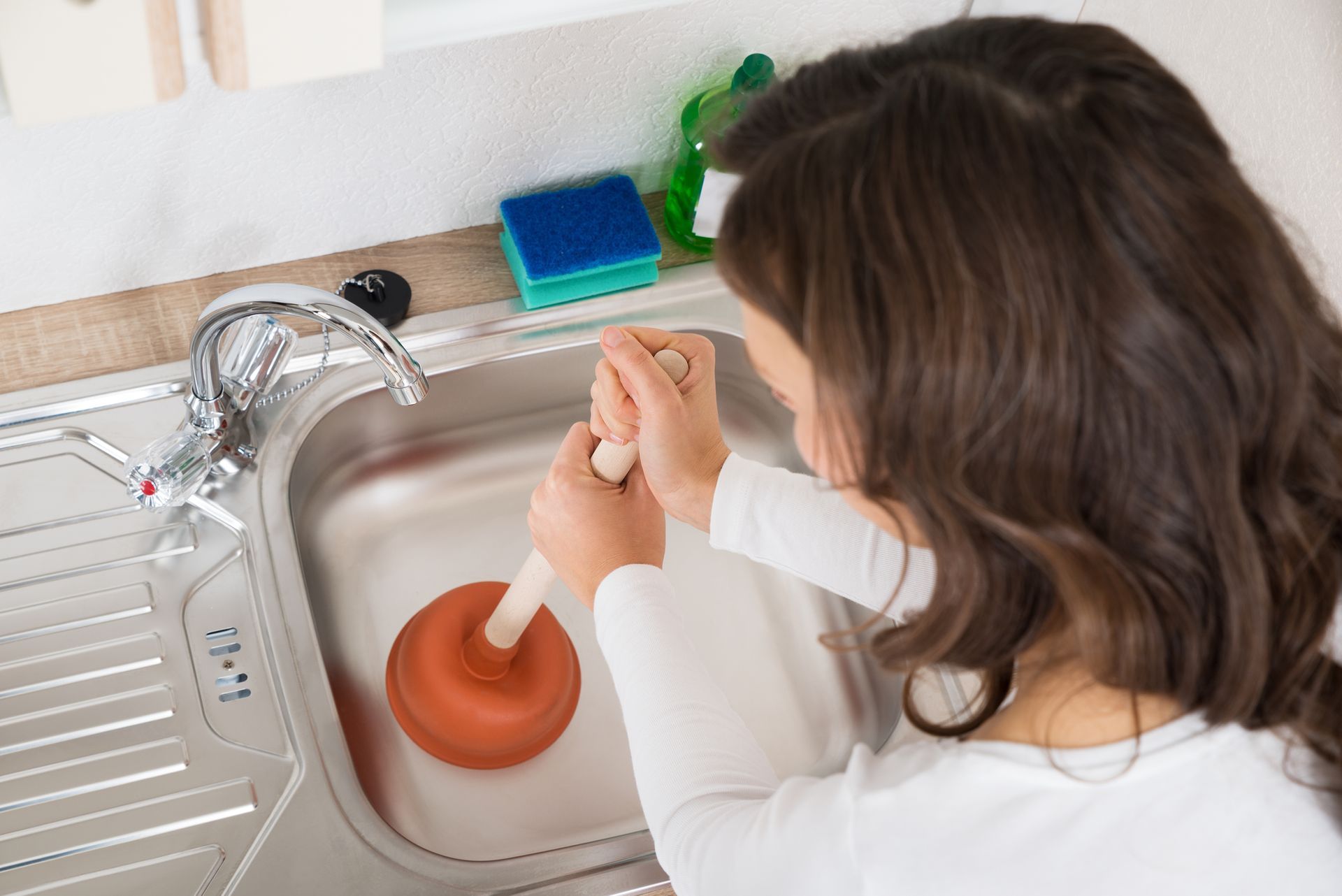

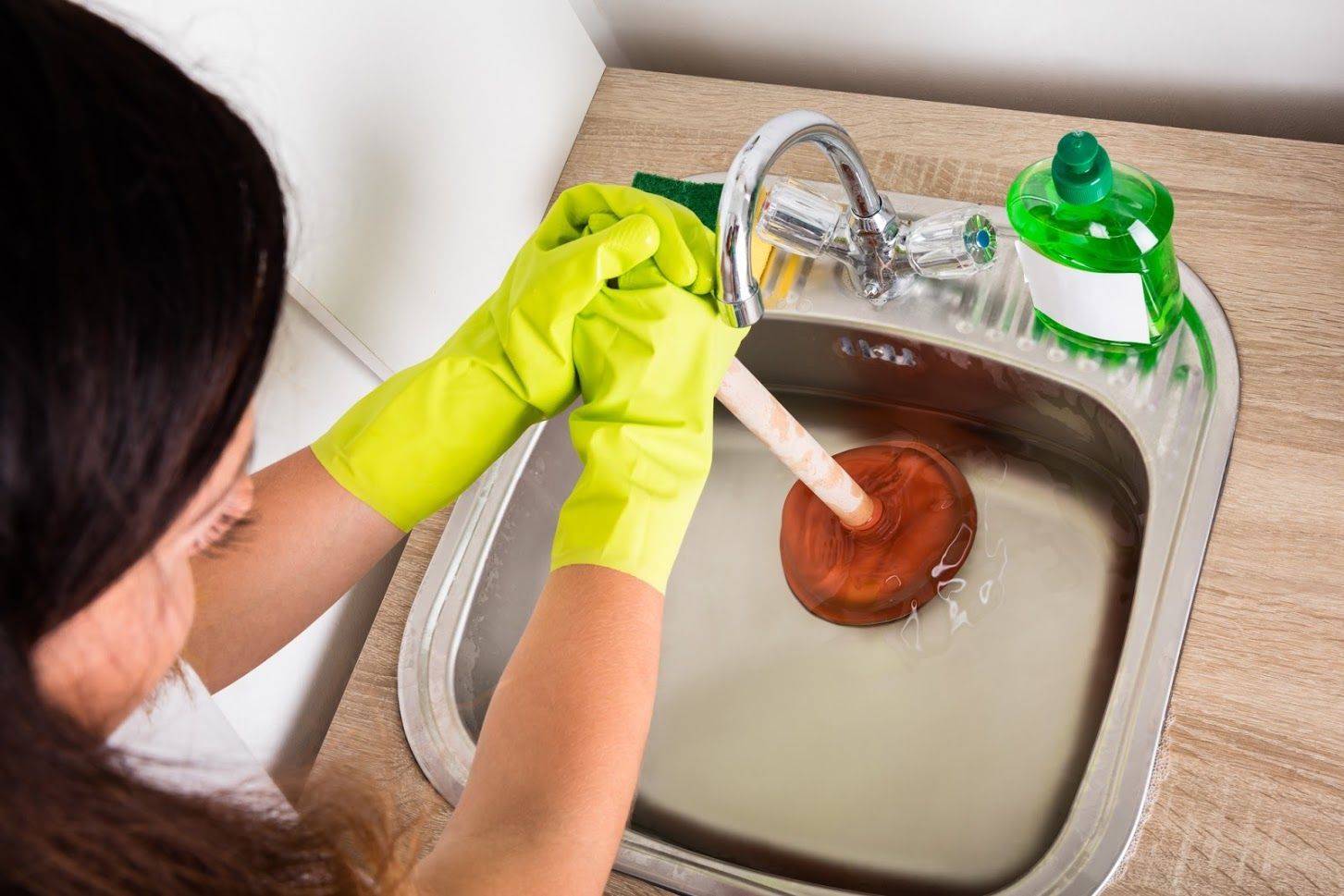


★★★★★
The total process from booking a service call, by phone, to the installation of a steel reinforced waterline hose on our refrigerator, was a pleasurable experience. A retired plumber recommended QP. Jeff had to pull out the refrigerator, remove the plastic waterline, install the new waterline, check to make sure the water dispenser was working and put the refrigerator back. Jeff was careful and mindfull of our wooden floor as the refrigerator was in a built-in cabinet. Since we live in a condo we want to eliminate all possibilities for a water leak. Jeff not only did his skillful job, he also educated us on the different water supply lines. I would recommend QP.
- Janeine G.
Button
★★★★★
Quality Plumbing did a rough-in plumbing install for a bathroom and kitchen sink in my basement. Very communicative, helped plan the space, and did a great job on the install. Will be using them again!
- Ian H.
Button
★★★★★
Called them when my water heater broke, they were over same day with a new one. Logan is great, he's fixed a couple things over the last year and is always professional and informative.
- Nick B.
Button
★★★★★
Quality plumbing is amazing 👏 when my brothers home had a problem with water pressure, they were able to schedule quickly, identify the problem and provide cost effective solutions quickly. When they did the work, they were on time on budget and cleaned up everything afterwards. Thank you for your great service Quality Plumbing! …
- Rich R.

★★★★★
Quality Plumbing is my go-to plumbing company for all my projects. I had one big project and after meeting Jeff, I’ve specifically requested him to come out for my other 2 projects. He’s incredibly punctual, efficient, and keeps the area nice and clean. Great to communicate with and provides clear answers to all my questions. Jeff is very professional and knowledgeable in his craft. Every time I call, Delaney will always pick up my phone calls and get me scheduled right away. Never had great success with plumbing companies until I started working with Quality Plumbing. They have unbeatable prices and will provide you with an honest solution to your problems. Highly recommend choosing Quality Plumbing!
- Alex D.
Button

★★★★★
The total process from booking a service call, by phone, to the installation of a steel reinforced waterline hose on our refrigerator, was a pleasurable experience. A retired plumber recommended QP. Jeff had to pull out the refrigerator, remove the plastic waterline, install the new waterline, check to make sure the water dispenser was working and put the refrigerator back. Jeff was careful and mindfull of our wooden floor as the refrigerator was in a built-in cabinet. Since we live in a condo we want to eliminate all possibilities for a water leak. Jeff not only did his skillful job, he also educated us on the different water supply lines. I would recommend QP.
- Janeine G.
Button
★★★★★
Quality Plumbing did a rough-in plumbing install for a bathroom and kitchen sink in my basement. Very communicative, helped plan the space, and did a great job on the install. Will be using them again!
- Ian H.
Button
★★★★★
Called them when my water heater broke, they were over same day with a new one. Logan is great, he's fixed a couple things over the last year and is always professional and informative.
- Nick B.
Button
★★★★★
Quality plumbing is amazing 👏 when my brothers home had a problem with water pressure, they were able to schedule quickly, identify the problem and provide cost effective solutions quickly. When they did the work, they were on time on budget and cleaned up everything afterwards. Thank you for your great service Quality Plumbing! …
- Rich R.

★★★★★
Quality Plumbing is my go-to plumbing company for all my projects. I had one big project and after meeting Jeff, I’ve specifically requested him to come out for my other 2 projects. He’s incredibly punctual, efficient, and keeps the area nice and clean. Great to communicate with and provides clear answers to all my questions. Jeff is very professional and knowledgeable in his craft. Every time I call, Delaney will always pick up my phone calls and get me scheduled right away. Never had great success with plumbing companies until I started working with Quality Plumbing. They have unbeatable prices and will provide you with an honest solution to your problems. Highly recommend choosing Quality Plumbing!
- Alex D.
Button








